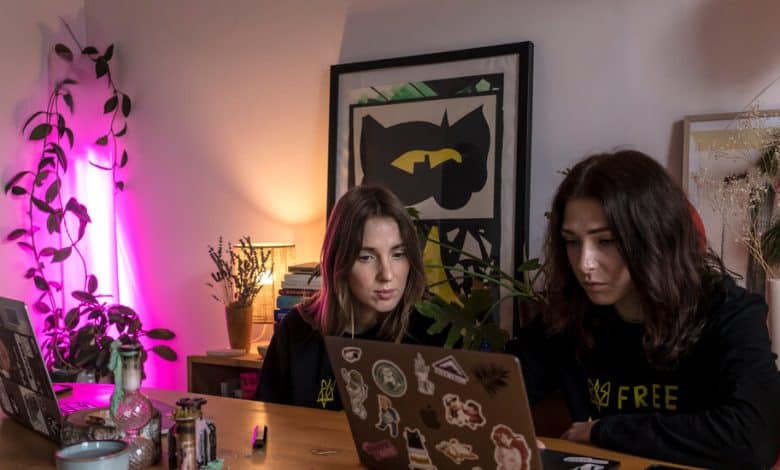Crowdfunding, Auctions and Raffles: How Ukrainians Are Aiding the Army

Earlier this year, Daria Chervona, a photo retoucher from Kyiv, was busy trying to raise 78 million Ukrainian hryvnia, about $2 million, for Ukraine’s army, posting daily on social media to urge friends and acquaintances to chip in. That was a high bar, but after a few weeks she announced she had cleared it, reaching her target.
“You did it,” she told her followers on Instagram in late January, in a post displaying the eight-figure sum raised in large black characters.
Ms. Chervona attributes her success to a system she adopted last summer: dividing the work among dozens of people, each tasked with collecting money from friends, in a process that she said can yield large sums. Each fund-raiser is then highlighted in a social media post with their picture, tapping into civilians’ desire to be recognized as active participants in the war effort.
“They need to be able to tell themselves, ‘I’m doing something, I’m helping,’” Ms. Chervona, 28, said in a recent interview. “I simply understood that any reasonably active person on Instagram could pull in 50K,” she added, referring to 50,000 Ukrainian hryvnias, about $1,300.
Since the early days of the war, thousands of volunteers have led crowdfunding efforts that have been crucial in supplying the Ukrainian military with critical equipment. They have become part of Ukraine’s social fabric, with nearly 80 percent of the population now donating, according to a recent survey.
But as the conflict drags on, and with momentum on the battlefield shifting to Russia, fund-raisers say it has become harder to raise money. That has prompted people like Ms. Chervona to borrow heavily from sales and marketing techniques to keep donations flowing. They have held auctions, organized raffles and invited influencers to participate in promotional clips.